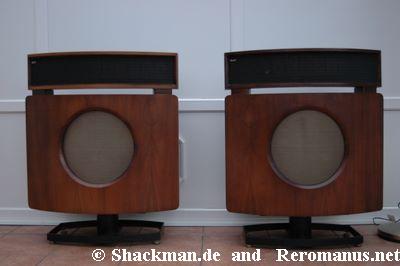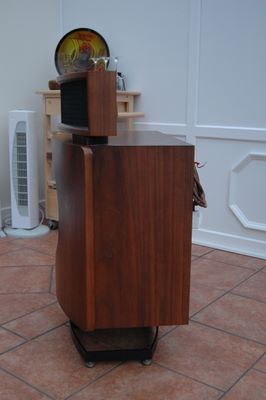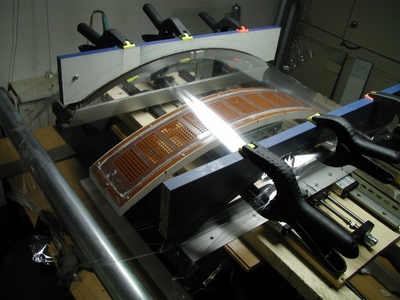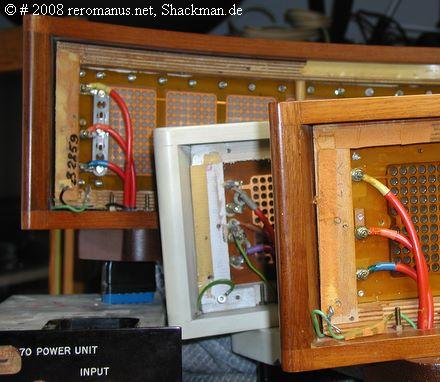HI All,
Below, I have included a copy of part of the thread on Audio Karma where I attempted to summarize all the comments and put them into a rational format. Well, it did not work.
HI All,
After sleeping on it and reading what you all have said, there seems some kind of consensus based upon the advent of CD. That would be 1983. So what if we marked the end of "Vintage" and the beginning of the "Modern" era as 1983?
I like the idea of using historical landmarks as pointers to an era because it tends to remove arbitrary personal opinions from the equation. CD certainly was one. Digital Audio may be the the biggest change of all though I think that the coming of stereo was bigger. But, no matter, that's just my arbitrary personal opinion.
Using CD as a marker has the advantage of having a lot of agreement. But is it accurate? Is it accurate enough? I think, yes.
To summarize: If we use the current set of definitions we get the following dates and time intervals:
Ancient:
Dates: 1877 to 1949
Interval: What? About 75 years? Edison invented the phonograph in 1877. Others improved the idea quickly but Edison was the inventor. That would be the beginning of the "Ancient" era. We could also use the the invention of the triode amplifier tube by De Forrest. That is certainly a landmark. But I prefer Edison, the father of it all. My Parrot, Karma, votes for Edison and that's good enough for me.
Classic:
Dates: 1949 to 1959
Interval: 10 years?
Vintage:
Dates: 1959 to 1983
Interval: 25 years?
Modern:
Dates: 1983 to current
Interval: 28 years to current?
As Robinhawaii said, this set of definitions may not hold forever. Time does march on. But for the forseeable future maybe our timeline will work. Future folks on this forum may have to come up with additional adjectives to describe the total disappearance of physical media by downloads. This would be like modern art where they seem to keep running out descriptors like Dada, or Post Impressionism, etc. God, I hope not!! Modern art is in total disarray.
What do you think?
Sparky
 Wonder how they sound!
Wonder how they sound!






